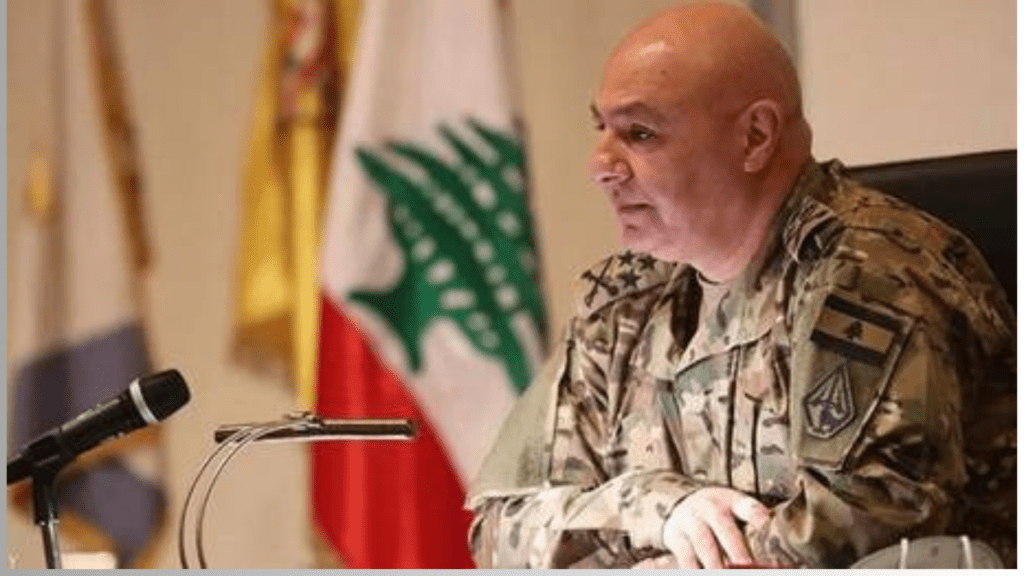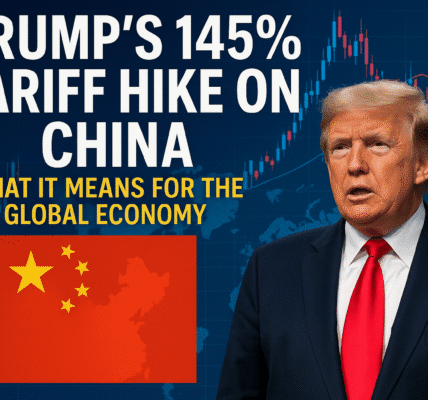Lebanon’s Parliament Elects Army Chief as President: A Turning Point in Political Landscape

In a historic move, Lebanon’s parliament has elected the Army Chief as the country’s new president, marking a significant shift in the nation’s political dynamics. This decision comes amid a backdrop of prolonged political deadlock and socio-economic turmoil that has plagued the country for years. The election of a military figure to the presidency reflects both a quest for stability and a response to the deep-seated challenges facing Lebanon.
A Troubled Context
Lebanon has been grappling with a multitude of crises, including a crippling financial collapse, widespread public discontent, and a fragmented political system. Since the end of the Lebanese Civil War in 1990, the country’s political structure has been characterized by a delicate power-sharing agreement among its diverse religious and sectarian groups. However, this arrangement has often resulted in gridlock, corruption, and inefficiency. For months, the presidency remained vacant due to political infighting, leaving the country without a leader at a time when decisive action was sorely needed.
The Election Process
The election of the Army Chief as president was far from straightforward. Lebanon’s parliament underwent several rounds of voting, with no candidate securing the required majority initially. The eventual consensus around the Army Chief’s candidacy highlights the widespread recognition of the need for a unifying figure who could transcend sectarian divides. The support of key political blocs and international stakeholders played a crucial role in breaking the stalemate.
Why the Army Chief?
The decision to elect the Army Chief is not without precedent in Lebanon’s history. Military leaders have occasionally stepped into the political arena, often seen as figures of neutrality and strength in a country marred by divisions. The Army Chief’s reputation for professionalism, discipline, and impartiality made him a compelling choice. His leadership during times of national crisis, including his role in maintaining security and order amid protests and unrest, earned him respect across various factions.
Moreover, the Army Chief’s election signals a desire for a break from traditional political elites, who are widely blamed for Lebanon’s current predicaments. His ascension to the presidency is seen as a move towards restoring public confidence in governance and addressing the pressing issues facing the nation.
Challenges Ahead
While the Army Chief’s election has been hailed as a potential turning point, the road ahead is fraught with challenges. Lebanon’s economic crisis remains one of the most severe in modern history, with the currency losing over 90% of its value and millions of citizens slipping into poverty. Reviving the economy will require bold reforms, combating corruption, and securing international financial assistance—tasks that demand both political will and public trust.
Additionally, the new president will have to navigate Lebanon’s complex political landscape, where competing sectarian interests and external influences often hinder progress. The role of regional powers, including Iran, Saudi Arabia, and Syria, adds another layer of complexity to the nation’s internal dynamics. Building consensus among Lebanon’s deeply divided political factions will be essential for achieving meaningful change.
Regional and International Implications
The election of the Army Chief as president has significant implications beyond Lebanon’s borders. The country’s stability is of paramount importance to the Middle East, given its strategic location and history as a hub of cultural and economic exchange. A stable Lebanon could serve as a model for coexistence and resilience in a region often marked by conflict and fragmentation.
Internationally, the new president’s ability to implement reforms and stabilize the country will likely influence the level of support from foreign governments and organizations. Western powers, including the United States and European Union, have long emphasized the importance of good governance and anti-corruption measures in Lebanon. Meanwhile, regional actors will closely watch how the new leadership manages Lebanon’s relationships with its neighbors and addresses issues such as Hezbollah’s role in the country’s politics and security.
Public Sentiment
The Lebanese people’s response to the Army Chief’s election has been mixed. While many view it as a hopeful development, others remain skeptical about the prospects for genuine change. Years of broken promises and unfulfilled reforms have left a deep sense of disillusionment among the population. For the new president to succeed, he must prioritize restoring public trust through transparency, accountability, and tangible improvements in living conditions.
Opportunities for Transformation
Despite the challenges, the election of the Army Chief presents opportunities for Lebanon to embark on a path of transformation. His presidency could usher in a new era of leadership that prioritizes national unity, economic recovery, and social justice. By leveraging his background in the military, the new president can bring a sense of discipline and order to governance while fostering collaboration among diverse stakeholders.
A Call for Collective Effort
Ultimately, the success of the new presidency will depend on collective effort. Lebanon’s political leaders, civil society, and international partners must work together to address the root causes of the country’s crises. The Army Chief’s election is not a panacea but a crucial step toward creating an environment where progress is possible.
Conclusion
The election of Lebanon’s Army Chief as president marks a significant moment in the country’s history. It reflects a yearning for stability and change in a nation that has endured years of hardship and uncertainty. As the new president takes office, the eyes of Lebanon and the world are upon him. His ability to rise above sectarian politics, implement bold reforms, and restore faith in governance will determine whether this moment becomes a true turning point for Lebanon or just another chapter in its ongoing struggles. The journey ahead is daunting, but it is also an opportunity for Lebanon to redefine its future and reclaim its place as a beacon of resilience and hope in the Middle East.




